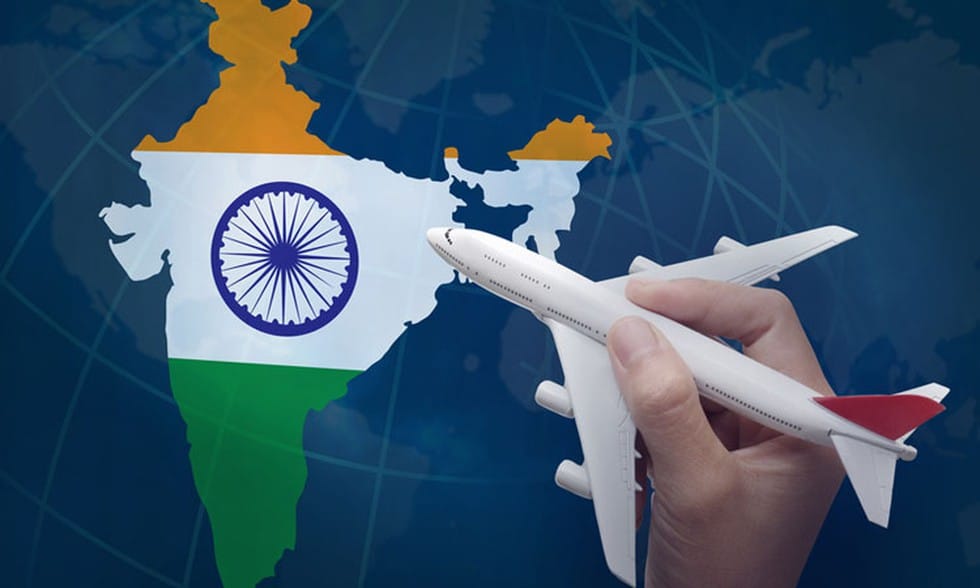About Bureau of Civil Aviation Security (BCAS):
- It was initially set up as a Cell in the Directorate General of Civil Aviation in January 1978 on the recommendation of the Pande Committee.
- It was reorganized into an independent department under the Ministry of Civil Aviation on 1st April 1987.
- The main responsibilities of BCAS include laying down standards and measures with respect to the security of civil flights at international and domestic airports in India.
- Headquarters: New Delhi
- It has got four Regional Offices located at International airports i.e. Delhi, Mumbai, Kolkata and Chennai.
- Functions:
- Laying down Aviation Security Standards in accordance with Annex 17 to the Chicago Convention of International Civil Aviation Organization (ICAO) for airport operators, airline operators, and their security agencies responsible for implementing AVSEC measures.
- Monitoring the implementation of security rules and regulations and carrying out survey of security needs.
- Ensure that the persons implementing security controls are appropriately trained and possess all competencies required to perform their duties.
- Planning and coordination of Aviation security matters.
- Surprise/Dummy checks to test the professional efficiency and alertness of security staff.
- Mock exercise to test the efficacy of Contingency Plans and operational preparedness of the various agencies.
Key Facts about Directorate General of Civil Aviation (DGCA):
- It is the regulatory body in the field of Civil Aviation, primarily dealing with safety issues.
- It is responsible for regulation of air transport services to/from/within India and for enforcement of civil air regulations, air safety, and airworthiness standards.
- The DGCA also coordinates all regulatory functions with the International Civil Aviation Organisation (ICAO).
- The headquarters are located in New Delhi with regional offices in the various parts of India.
What is the Chicago Convention?
- The Chicago Convention (also known as the Convention on International Civil Aviation), established the International Civil Aviation Organisation (ICAO), a specialized agency of the United Nations charged with coordinating and regulating international air travel.
- The Convention was signed by 52 states on 7 December 1944 in Chicago, U.S., and came into effect on 4 April 1947.
- It establishes rules of airspace, aircraft registration and safety and details the rights of the signatories in relation to air travel.
- The Convention also exempts air fuels from tax.
- The Convention provided for the sovereignty of airspace above the territory of each state, together with five freedoms (later expanded to nine by the addition of four unofficial freedoms) which govern the freedom of states to operate air transport flights (including the carriage of passengers, cargo and mail) across, into and within the airspace of other states.
Q1) What is the International Civil Aviation Organisation (ICAO)?
ICAO is an intergovernmental specialized agency associated with the United Nations (UN). Established in 1947 by the Convention on International Civil Aviation (1944), which had been signed by 52 states three years earlier in Chicago, the ICAO is dedicated to developing safe and efficient international air transport for peaceful purposes and ensuring a reasonable opportunity for every state to operate international airlines.
Source: Double Check Based On Security Advisory: BCAS Clarifies On Passenger Checking At Airport
Last updated on June, 2025
→ UPSC Notification 2025 was released on 22nd January 2025.
→ UPSC Prelims Result 2025 is out now for the CSE held on 25 May 2025.
→ UPSC Prelims Question Paper 2025 and Unofficial Prelims Answer Key 2025 are available now.
→ UPSC Calendar 2026 is released on 15th May, 2025.
→ The UPSC Vacancy 2025 were released 1129, out of which 979 were for UPSC CSE and remaining 150 are for UPSC IFoS.
→ UPSC Mains 2025 will be conducted on 22nd August 2025.
→ UPSC Prelims 2026 will be conducted on 24th May, 2026 & UPSC Mains 2026 will be conducted on 21st August 2026.
→ The UPSC Selection Process is of 3 stages-Prelims, Mains and Interview.
→ UPSC Result 2024 is released with latest UPSC Marksheet 2024. Check Now!
→ UPSC Toppers List 2024 is released now. Shakti Dubey is UPSC AIR 1 2024 Topper.
→ Also check Best IAS Coaching in Delhi
























